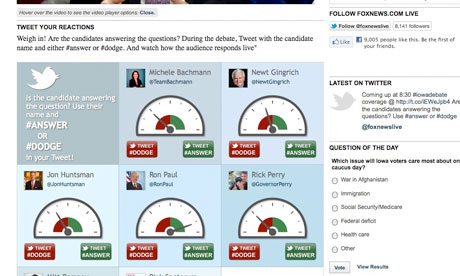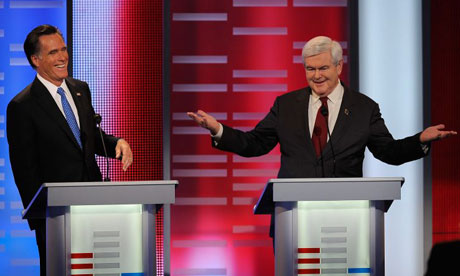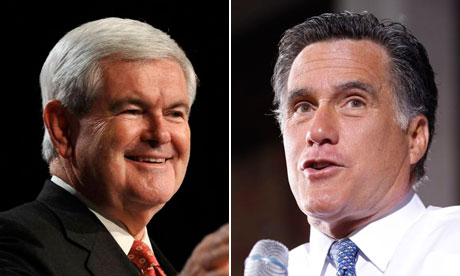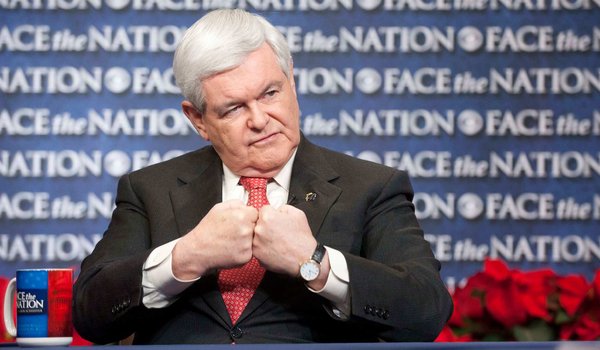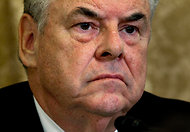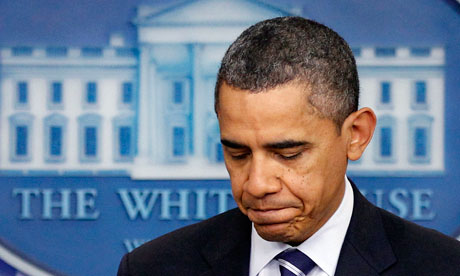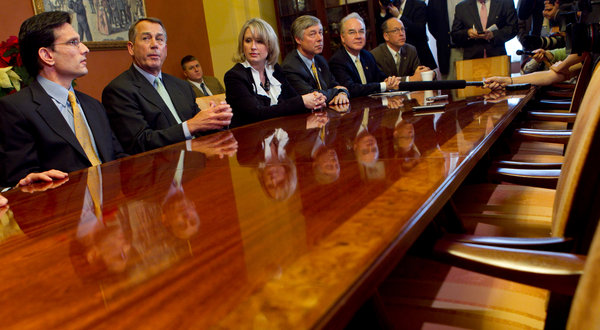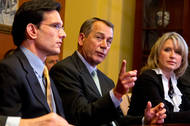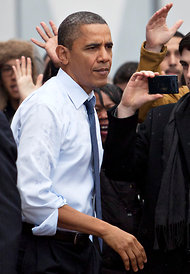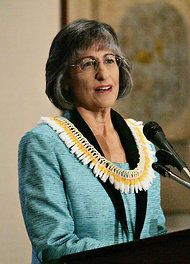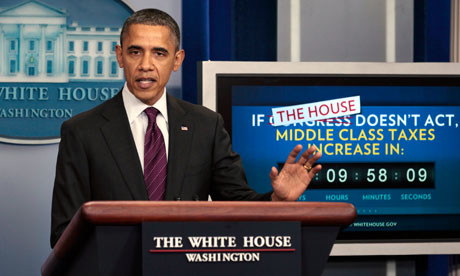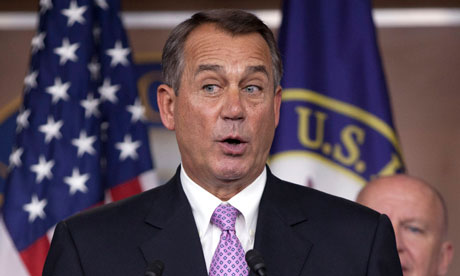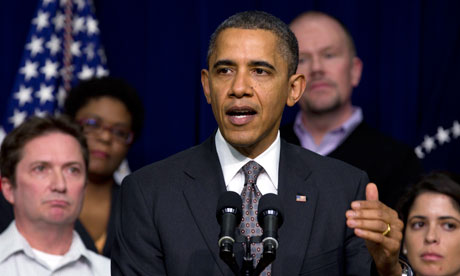Rutashubanyuma
JF-Expert Member
- Sep 24, 2010
- 219,470
- 911,172
- Thread starter
- #81
[h=1]Campaign Sends Romney to the Rescue. Ann Romney.[/h] [h=6]By MICHAEL BARBARO[/h] [h=6]Published: December 12, 2011 [/h]

DES MOINES - Ann Romney switches off shrill TV coverage of the presidential race "all the time." She is exasperated by the hyperpartisanship of the moment. As for the debates? "Listen," she said in a rare interview here, "I don't even want to go to the debates."
Enlarge This Image

[h=6]Paul Sancya/Associated Press[/h] Ann Romney has taken on a more visible role in the race.
[h=6]Multimedia[/h]
 Interactive Feature
Interactive Feature
[h=6] The Republican Presidential Field[/h] [h=6] [/h]
[h=3]Related[/h]

[h=3]Election 2012 iPhone App[/h] A one-stop destination for the latest political news - from The Times and other top sources. Plus opinion, polls, campaign data and video.
Enlarge This Image

[h=6]Eric Thayer for The New York Times[/h] Ann Romney at a campaign event in Des Moines last week. She speaks of "the other side of Mitt that you never hear about."
But with her husband's bid for the Republican presidential nomination suddenly endangered by Newt Gingrich, Mrs. Romney is being deployed with a growing sense of urgency to do what her husband has been unwilling or unable to do this election season: offer voters a compelling, three-dimensional portrait of Mitt Romney.
As the Romney campaign has tried to regain ground, Mrs. Romney, 62, has appeared, over the last week, at four events in Iowa, New Hampshire and Washington, offering what she calls "the other side of Mitt that you never hear about."
In the process, she is drawing attention to a potentially powerful asset in a race against the twice-divorced Mr. Gingrich, especially in conservative states like Iowa: the Romneys' unblemished marriage of 42 years.
In a suburban living room here a few days ago, amid platters of chicken salad tarts and red velvet cupcakes, Mrs. Romney brought a group of local women to tears describing how her husband has stood by her throughout her battle with multiple sclerosis, which once left her debilitatingly depressed and fatigued for months at a time.
"He is there, he is steadfast, you can count on him," Mrs. Romney told the women. "He won't abandon you in the hardest times."
The message was not lost on the voters in the room.
"It says a lot about his character," said Connie Schmett, who attended the event. "If he is not going to abandon his wife, he is not going to abandon his country."
Mrs. Romney insists that she is not comparing her husband's personal life with that of Mr. Gingrich, who is now married to his third wife, Callista.
"I have fond feelings for both Newt and Callista," Mrs. Romney said. "And I am not going to make any judgment or any - I am never going to make any statement about that, on a personal level."
Yet she conceded that her steady - and by all accounts, adoring - marriage could influence voters "if that matters to them," adding: "We are just who we are. We present who we are."
Advisers to Mr. Romney, a former Massachusetts governor, say privately that they believe that one of Mr. Gingrich's biggest vulnerabilities is his marital history. He has acknowledged having had extramarital affairs, including with Callista, a chapter in his life that several Romney supporters said had colored their view of him.
"That's the problem with Newt a little bit for me - infidelity," said Ellen Thibodeau, 44, who showed up at a rally for Mr. Romney in Hudson, N.H., on Sunday. "My husband and I take our commitment to each other very seriously."
Mrs. Romney's newly higher profile, those close to her said, is the natural extension of the private role she has long played as her husband's inseparable partner and essential touchstone. (Aides tell tales of Mr. Romney walking into a crowded room and seeming unsettled until he can locate his wife. "Where's Ann?" he asks.)
Mrs. Romney, the daughter of a self-made businessman from Wales, began dating Mr. Romney during high school in Michigan, converted to Mormonism and married him at age 20.
His need to have her present has even trumped her dislike for the presidential debates. During commercial breaks at one in Des Moines on Saturday, Mr. Romney stepped down from the stage and walked into the audience to speak with his wife.
While she insists that she is not involved in day-to-day operations of the campaign, she acknowledges heavily influencing Mr. Romney's biggest political decisions - especially to run for president this year.
Mr. Romney, she said, "was the one who was reluctant, much more reluctant, this time."
"He was just thinking with his head," she recalled. "This is what is involved, this is the process. This could happen, that could happen."
Ashley Parker contributed reporting from Hudson, N.H.
[h=6]A version of this article appeared in print on December 13, 2011, on page A1 of the New York edition with the headline: The Campaign Sends Romney To the Rescue. Ann Romney..
[/h]
- Recommend
- Sign In to E-Mail
- Single Page
- Reprints
- Share

DES MOINES - Ann Romney switches off shrill TV coverage of the presidential race "all the time." She is exasperated by the hyperpartisanship of the moment. As for the debates? "Listen," she said in a rare interview here, "I don't even want to go to the debates."
Enlarge This Image
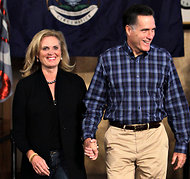
[h=6]Paul Sancya/Associated Press[/h] Ann Romney has taken on a more visible role in the race.
[h=6]Multimedia[/h]
 Interactive Feature
Interactive Feature [h=6] The Republican Presidential Field[/h] [h=6] [/h]
[h=3]Related[/h]
- [h=6]Times Topic: Mitt Romney[/h]
[h=3]Election 2012 iPhone App[/h] A one-stop destination for the latest political news - from The Times and other top sources. Plus opinion, polls, campaign data and video.
Enlarge This Image

[h=6]Eric Thayer for The New York Times[/h] Ann Romney at a campaign event in Des Moines last week. She speaks of "the other side of Mitt that you never hear about."
But with her husband's bid for the Republican presidential nomination suddenly endangered by Newt Gingrich, Mrs. Romney is being deployed with a growing sense of urgency to do what her husband has been unwilling or unable to do this election season: offer voters a compelling, three-dimensional portrait of Mitt Romney.
As the Romney campaign has tried to regain ground, Mrs. Romney, 62, has appeared, over the last week, at four events in Iowa, New Hampshire and Washington, offering what she calls "the other side of Mitt that you never hear about."
In the process, she is drawing attention to a potentially powerful asset in a race against the twice-divorced Mr. Gingrich, especially in conservative states like Iowa: the Romneys' unblemished marriage of 42 years.
In a suburban living room here a few days ago, amid platters of chicken salad tarts and red velvet cupcakes, Mrs. Romney brought a group of local women to tears describing how her husband has stood by her throughout her battle with multiple sclerosis, which once left her debilitatingly depressed and fatigued for months at a time.
"He is there, he is steadfast, you can count on him," Mrs. Romney told the women. "He won't abandon you in the hardest times."
The message was not lost on the voters in the room.
"It says a lot about his character," said Connie Schmett, who attended the event. "If he is not going to abandon his wife, he is not going to abandon his country."
Mrs. Romney insists that she is not comparing her husband's personal life with that of Mr. Gingrich, who is now married to his third wife, Callista.
"I have fond feelings for both Newt and Callista," Mrs. Romney said. "And I am not going to make any judgment or any - I am never going to make any statement about that, on a personal level."
Yet she conceded that her steady - and by all accounts, adoring - marriage could influence voters "if that matters to them," adding: "We are just who we are. We present who we are."
Advisers to Mr. Romney, a former Massachusetts governor, say privately that they believe that one of Mr. Gingrich's biggest vulnerabilities is his marital history. He has acknowledged having had extramarital affairs, including with Callista, a chapter in his life that several Romney supporters said had colored their view of him.
"That's the problem with Newt a little bit for me - infidelity," said Ellen Thibodeau, 44, who showed up at a rally for Mr. Romney in Hudson, N.H., on Sunday. "My husband and I take our commitment to each other very seriously."
Mrs. Romney's newly higher profile, those close to her said, is the natural extension of the private role she has long played as her husband's inseparable partner and essential touchstone. (Aides tell tales of Mr. Romney walking into a crowded room and seeming unsettled until he can locate his wife. "Where's Ann?" he asks.)
Mrs. Romney, the daughter of a self-made businessman from Wales, began dating Mr. Romney during high school in Michigan, converted to Mormonism and married him at age 20.
His need to have her present has even trumped her dislike for the presidential debates. During commercial breaks at one in Des Moines on Saturday, Mr. Romney stepped down from the stage and walked into the audience to speak with his wife.
While she insists that she is not involved in day-to-day operations of the campaign, she acknowledges heavily influencing Mr. Romney's biggest political decisions - especially to run for president this year.
Mr. Romney, she said, "was the one who was reluctant, much more reluctant, this time."
"He was just thinking with his head," she recalled. "This is what is involved, this is the process. This could happen, that could happen."
- 1
- 2
Ashley Parker contributed reporting from Hudson, N.H.
[h=6]A version of this article appeared in print on December 13, 2011, on page A1 of the New York edition with the headline: The Campaign Sends Romney To the Rescue. Ann Romney..
[/h]
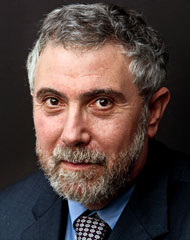

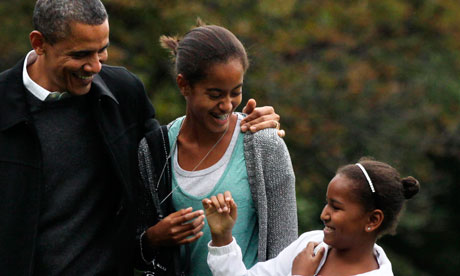
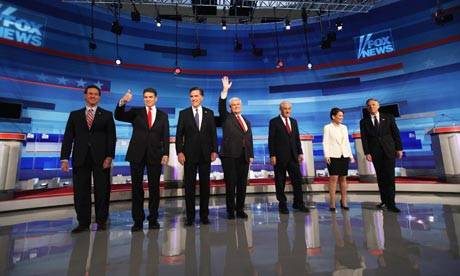



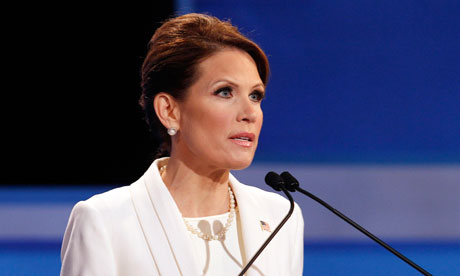


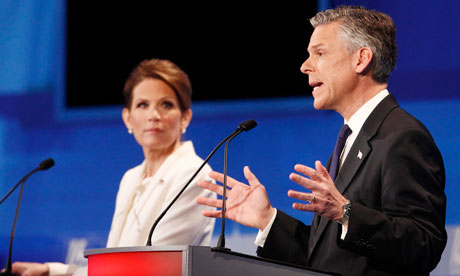
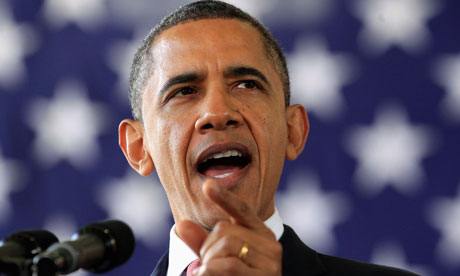
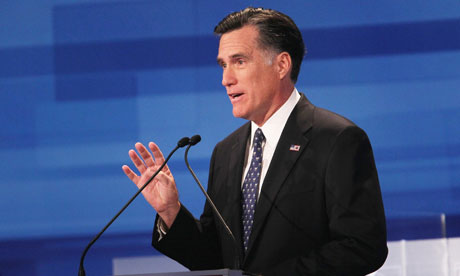
 PolitiFact @politifact
PolitiFact @politifact 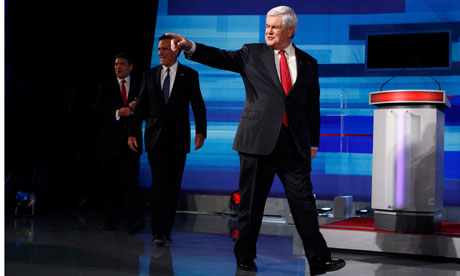
 Roger Simon @politicoroger
Roger Simon @politicoroger 